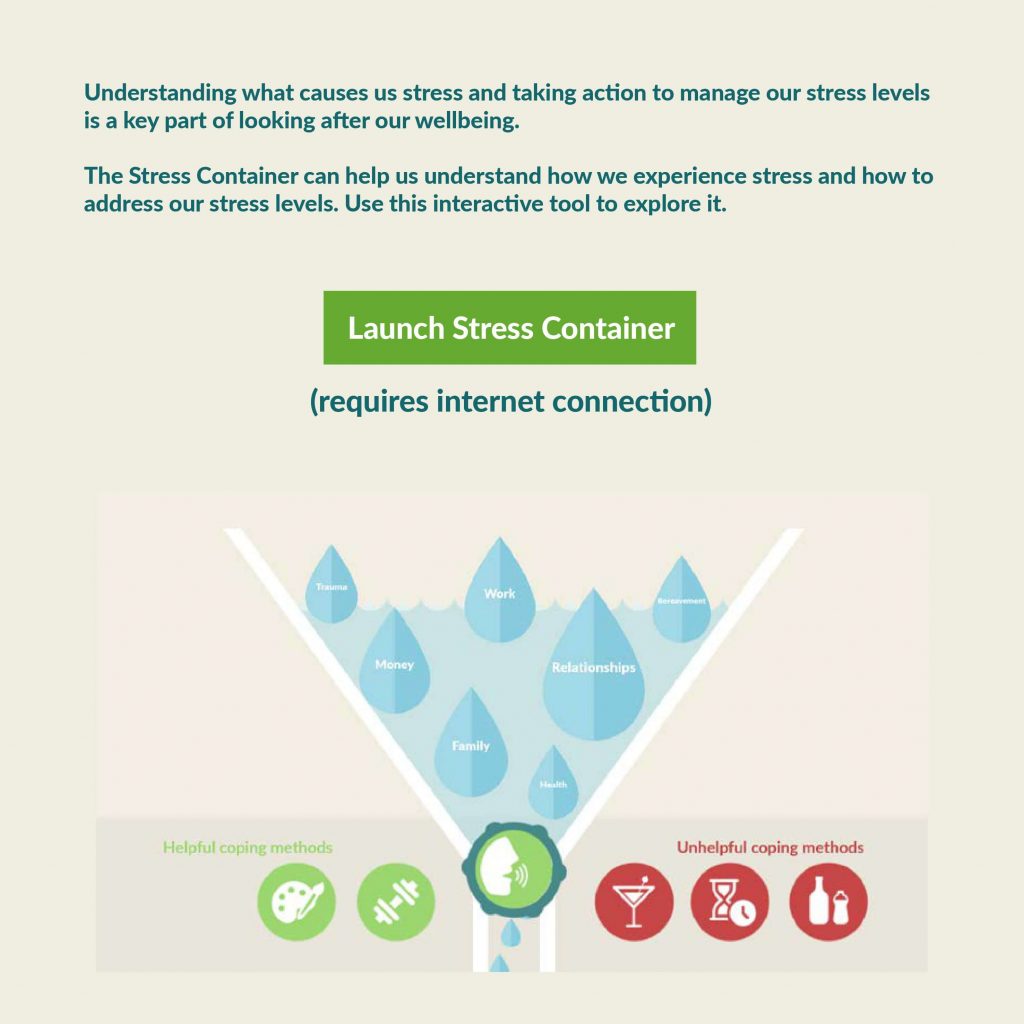Often, because of misconceptions about mental health and mental wellbeing, people suffer in silence and their conditions go untreated. Mental health awareness is an important social movement to improve understanding of mental illness, reduce the stigma around mental health, and increase access to necessary help for those who need it.
What is mental health awareness?
Mental health is more than simply a topic for persons who suffer from mental illnesses. It has an influence on our social, emotional, physical, and cognitive health.
Unfortunately, many people do not obtain the necessary care due to the stigma connected with mental health. Some people are unaware that treatment is available. When these people suffer quietly, they feel lonely and unlike their usual self. We miss out on their brilliance.
We never know how well our actions affect others, but if increasing awareness will save a life, it is well worth the effort.
Why is mental health awareness so important?
Mental health education is essential for advancing mental health treatment and behavioural health. It is a critical and essential dialogue for shifting to a more proactive mental health strategy.
We currently only replenish our tanks when they reach “empty.” Increasing our awareness allows us to notice the signs and symptoms of “odd” feelings, just as we do with physical disease, before they become critical.
Here are four significant advantages of mental health awareness:
1. Helps You Understand Your Mental Health Symptoms
Especially with mental health conditions, which are difficult to pinpoint, a diagnosis can be incredibly validating. It can make people experiencing mental illness feel less alone and can make finding therapy and healthy coping mechanisms simpler. Spreading mental health awareness allows people to openly discuss their symptoms and fully understand what they are feeling and why. For example, you may believe that your mental health deteriorates as a result of working from home, or using alcohol as a coping mechanism.
2. Reduces Mental Health Stigma
Mental illness isn’t widely talked about in many communities due to a lasting stigma that surrounds it. This stigma predominately comes from a lack of information, something that mental health awareness courses are helping to change. As more and more people choose to educate themselves with these opportunities, and raise awareness around mental health, we will hopefully see a change in the way it is talked about in the community.
3. Better Mental Health Knowledge
Caregivers, employers, parents, family members, and loved ones must grasp the influence of mental health on daily life. While mental health issues might make daily life more challenging, they do not have to prohibit you from living a happy and engaged life.
When the people in your life understand and value mental health care, it becomes simpler to take the necessary steps to care for yourself and flourish.
4. Promotes Mental Wellbeing
Many of us have fallen into the trap of viewing mental health as synonymous with mental illness. It is possible to have a mental health disorder while also being mentally healthy, and the absence of a mental illness does not guarantee mental wellbeing.
Adding mental fitness, a proactive approach to emotional health, well-being, and cognitive agility to our knowledge of mental health concerns and wellbeing. It enables us to live our lives with greater purpose, clarity, and enthusiasm. Reducing the stigma associated with mental health is a vital first step toward embracing mental wellbeing.
Interested in learning more about mental health?
If you want to learn more about mental health, how to prevent issues, manage it, and support those with issues, sign up for our CPD Certified Mental Health Awareness Course. You can complete it in your own time (approx. 3 hours) and all proceeds go to our #Headucation campaign to provide training to teachers that helps them support school children with their mental health.















